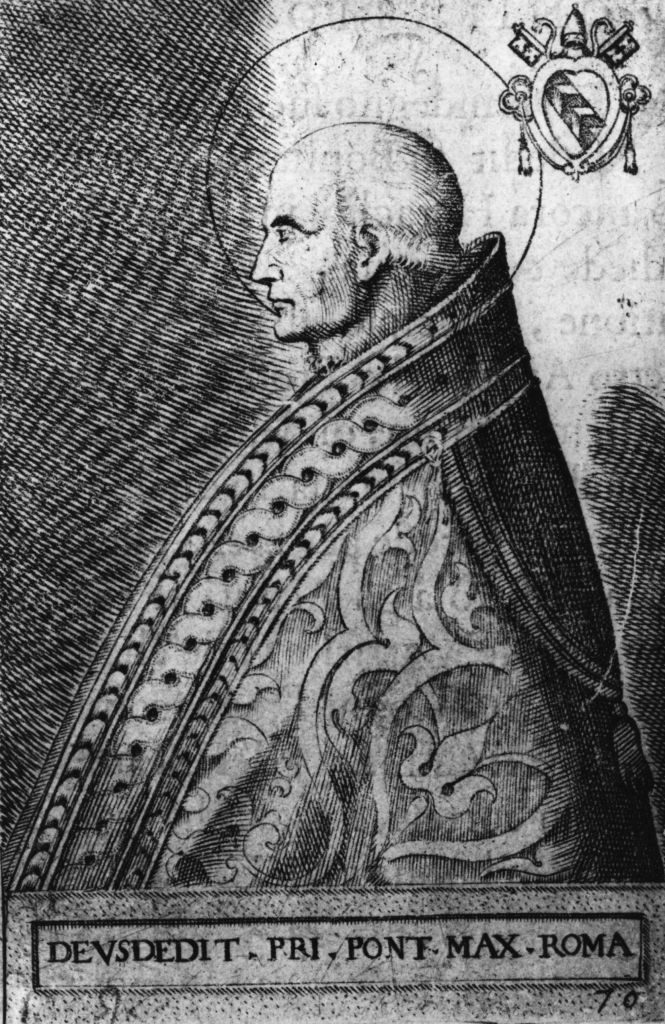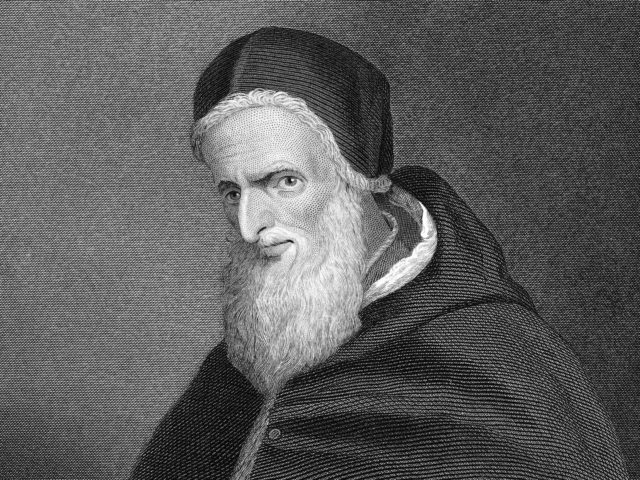ROME — Vatican Secretary of State Cardinal Pietro Parolin criticized Saint Pius V Sunday, a 16th-century pope known for defeating the Ottoman Turks at the crucial Battle of Lepanto.
Pope Pius V was a strong personality with a solid faith, Cardinal Parolin said during a celebration marking the 450th anniversary of the saint’s death, “but certainly he also made some errors typical of his time, of that historical moment of religious contrasts, marked by cruel wars and divisions.”
It was “a time like ours, where some evangelical values and teachings are present and others are almost completely obscured,” the cardinal added.
And now we are gathered here to remember and celebrate him, Parolin stated, “to ask him to intercede for us, for the Church, for this troubled world, so that the will for peace prevails over enmities and wars.”
It was Pope Pius V who established the Catholic Feast of “Our Lady of Victory” in 1571 as after the so-called “Holy League” won its landmark victory over the Ottoman Empire at the Gulf of Lepanto, off Greece.

Circa 1570, Engraving of Michael Ghislieri, Pope Pius V (1504 – 1572), pope from 1566 to 1572, portrayed with a halo. (Hulton Archive/Getty Images)
On October 7th, 1571, a massive fleet of ships assembled by Pope Pius from various Christian nations fought an intense battle against the forces of the invading Muslim forces, the largest naval battle in Western history since classical antiquity, involving more than 400 warships.
The Holy League’s unexpected victory — hailed by the chief minister of King Philip II of Spain as “the greatest naval victory since Pharaoh’s army drowned in the Red Sea” — decisively thwarted efforts by the Ottoman Turks to control the Mediterranean, “causing a seismic shift in international relations from East to West” and bringing into being the world that we know today.
In preparation for this momentous encounter, Pope Pius had ordered the churches of Rome opened for prayer day and night, and urged the faithful to invoke the intercession of the Blessed Virgin Mary through the prayer of the rosary.
On hearing of the Christian victory, the pope attributed the triumph to Mary’s intervention and established a new feast day in her honor in the Roman liturgical calendar, which would come to be known first as Our Lady of Victory and subsequently as the Feast of the Holy Rosary.
Pius died on May 1, 1572 and declared a saint by the Catholic Church in 1712.

COMMENTS
Please let us know if you're having issues with commenting.